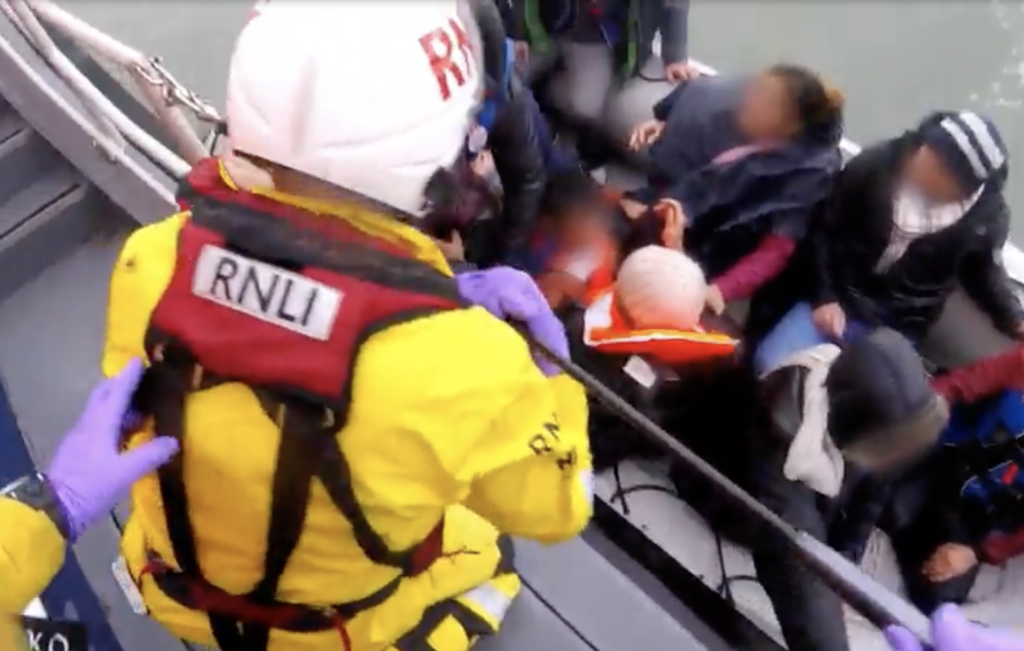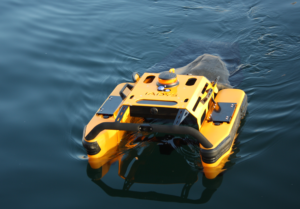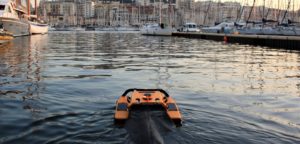Changes to Immigration Act will not criminalise boaters

The Home Office has confirmed that the amendments the government is making to section 25 of the Immigration Act 1971 are only intended to apply to those who unlawfully assist immigration and help asylum seekers to enter the UK. This means that recreational boaters will be able to rescue those in distress as they do now.
A Home Office spokesman told the RYA that: “Ruthless criminal gangs are putting lives at risk by smuggling people across the Channel, which is why we’re changing the law so they could face life in prison. Organisations and individuals will be able to continue to rescue those in distress at sea as they do now.”
The RYA has welcomed the assurance that changes to Immigration Act will not criminalise boaters.
Parliamentary Undersecretary of State for the Home Department, Tom Pursglove MP told the Nationality and Borders Bill committee hearing on 28 October that the government recognised the bravery of volunteers working for the RNLI and lifeboat crews who undertake vital work in protecting lives at sea.
A statement released by the RYA this month read that it was the intention to amend the bill to ensure that organisations such as the RNLI, those directed by Her Majesty’s Coastguard, and individuals who fulfil their obligations in rescuing those in distress at sea may continue as they do now. At the same time, the government had to ensure that it did not inadvertently provide loopholes to be exploited by criminal gangs who will look for any means to avoid prosecution.
The amendment will mean that recreational boaters who provide voluntarily assistance to migrants in distress in accordance with the humanitarian spirit of the SOLAS Convention and land them in the UK will not risk criminal liability.
“With the increasing number of refugees and migrants making their way to the UK in unsuitable and overcrowded boats, we are frequently asked to provided clarification on what should be done if boaters come across such a vessel,” says Stuart Carruthers, RYA cruising manager.
“It has to be morally right that where a boat can provide voluntary help then it can do so without fear of landing on the wrong side of the law. We recognise that the obligation set out in SOLAS to provide assistance is not absolute. A small recreational boat is unlikely to be able to provide meaningful assistance to a boat carrying a significant number of migrants and it is quite possible that the rescuing crew could put themselves in unreasonable danger if they attempt to provide assistance.”











